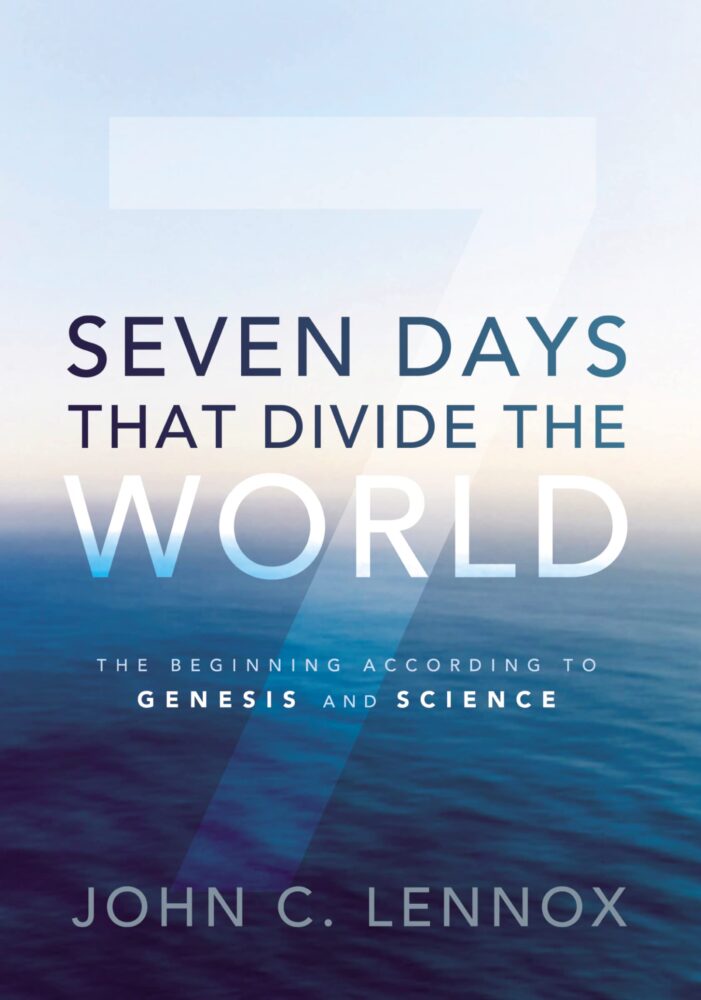
John Lennox, Professor of Mathematics at Oxford University, is an internationally renowned speaker on the interface of science, philosophy and religion. He regularly teaches at many academic institutions, is Senior Fellow with the Trinity Forum and has written a series of books exploring the relationship between science and Christianity.
He has lectured extensively in North America, Eastern and Western Europe and Australasia on mathematics, the philosophy of science and the intellectual defence of Christianity. He has written a number of books on the interface between science, philosophy and theology. These include God’s Undertaker: Has Science Buried God? (2009), God and Stephen Hawking, a response to The Grand Design (2011), Gunning for God, on the new atheism (2011), and Seven Days that Divide the World, on the first chapters of Genesis (2011). He has also written a number of books exploring biblical themes, including Against the Flow (2015), on the topic of Daniel, Determined to Believe? (2017), on the the subject of free will and God’s sovereignty, Joseph (2019), on the story in Genesis, and the ‘Key Bible Concepts’ series, co–written with David Gooding (in the 1990s). His most recent titles are Have no Fear (2018), on evangelism today, Can Science Explain Everything? (2019), on the relationship between science and Christianity, and the six–part ‘Quest for Reality and Significance’ series co–written by David Gooding (2018–9). Furthermore, in addition to over seventy published mathematical papers, he is the co–author of two research level texts in algebra in the Oxford Mathematical Monographs series.
Archives

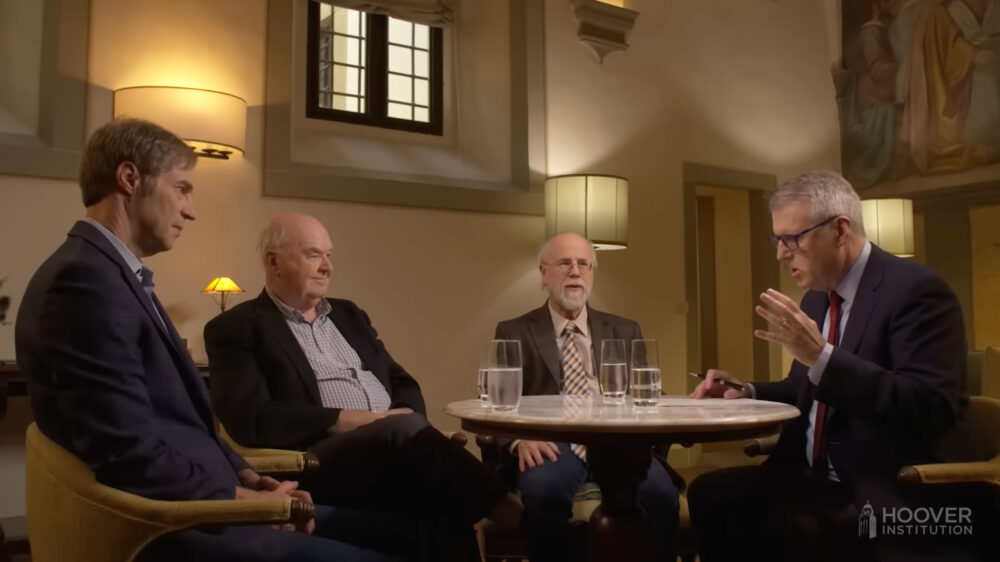
By Design: Behe, Lennox, and Meyer on the Evidence for a Creator

John Lennox on the Transhumanist Claim AI Will Turn Humans into Gods
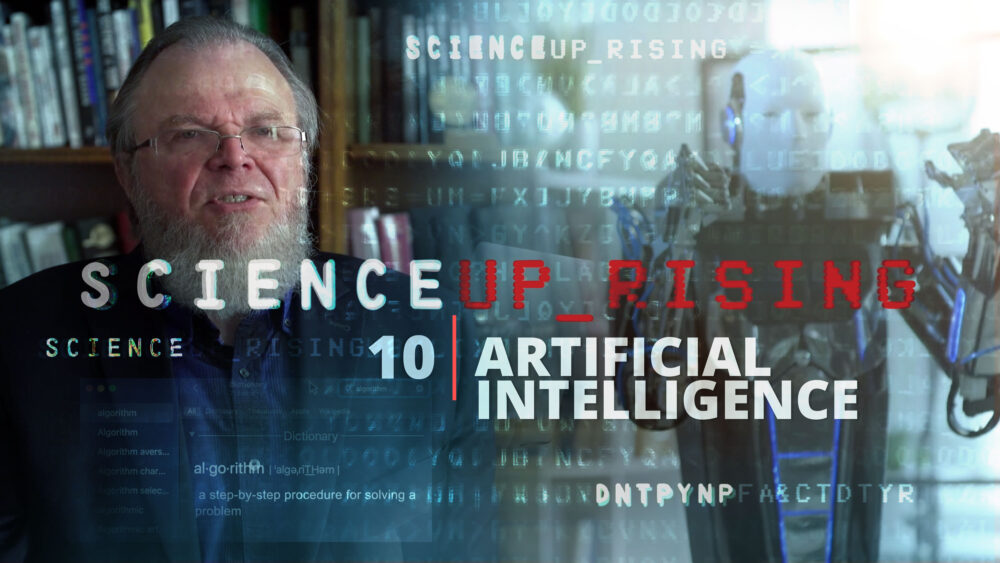
Science Uprising 10: Artificial Intelligence
Will Machines Take Over?
John Lennox Discusses the Beginning of the Universe
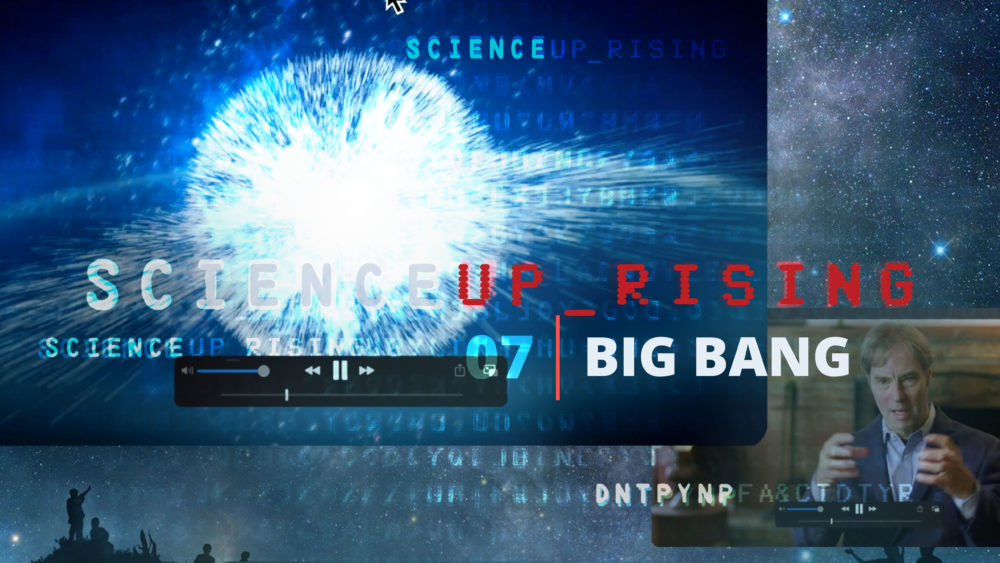
Science Uprising 07: Big Bang
Something from Nothing?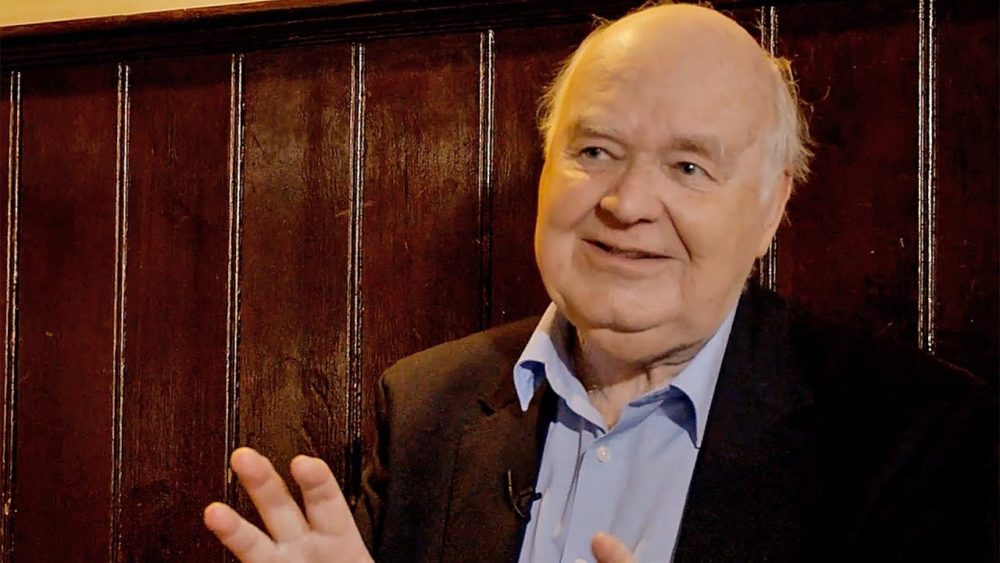
New John Lennox Film “Against the Tide” — Nov. 19 in Theaters
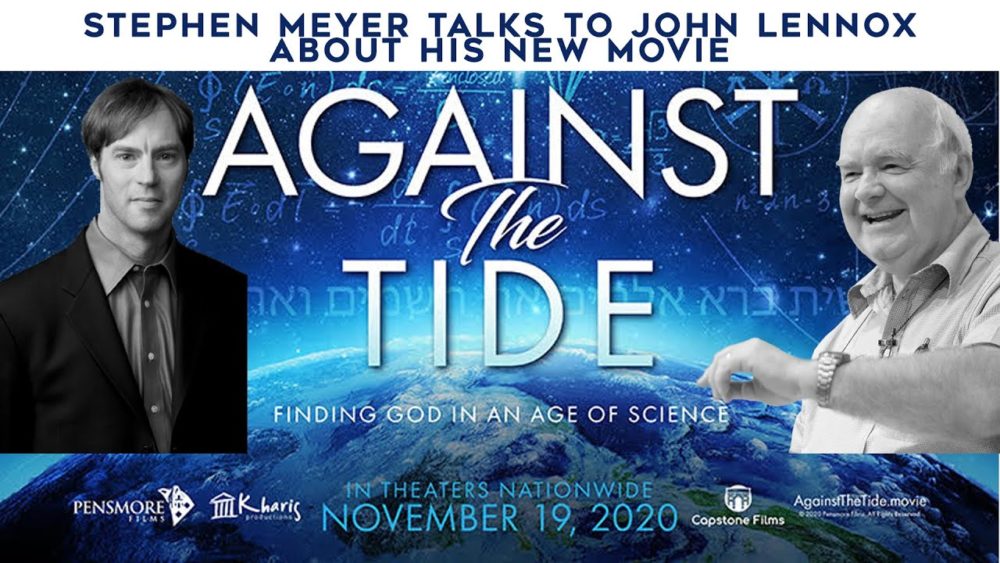
Stephen Meyer Interviews John Lennox about going “Against the Tide”
